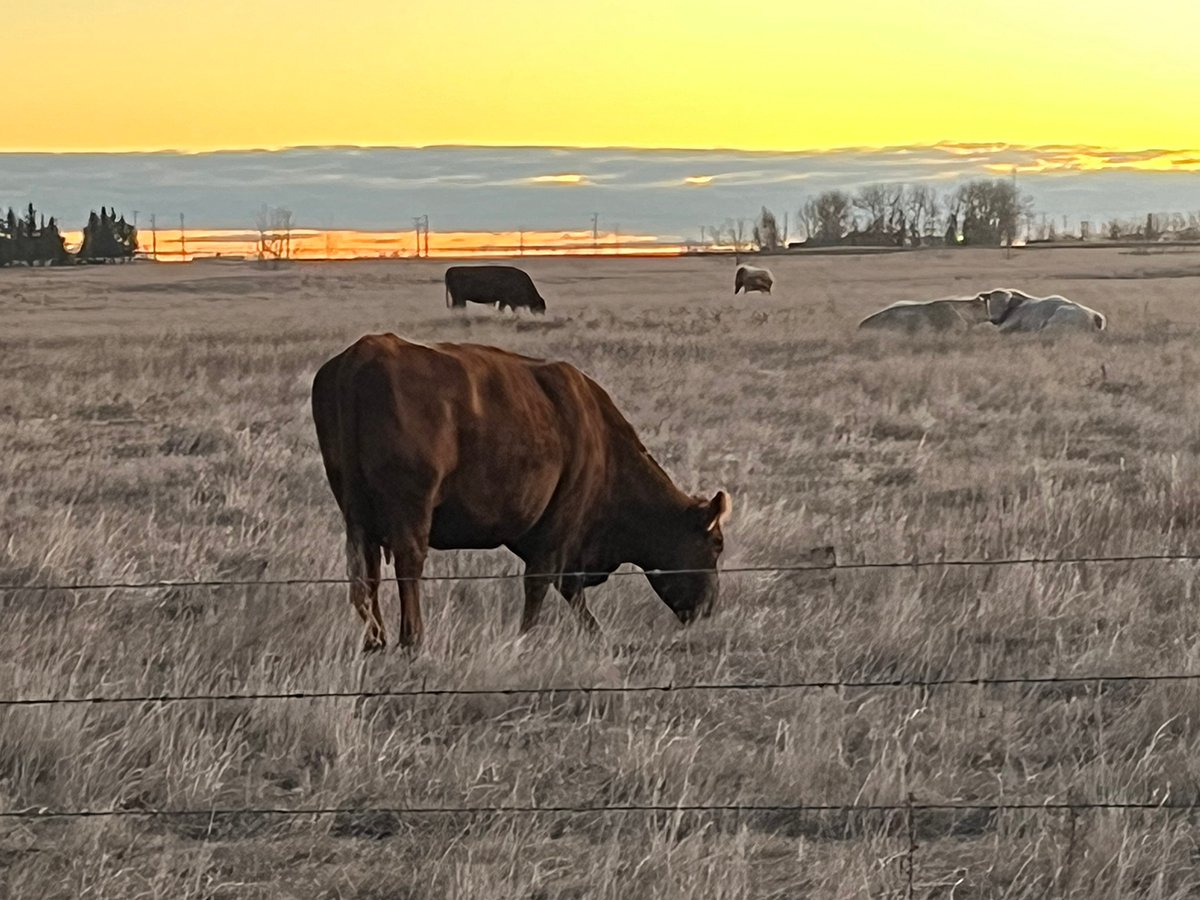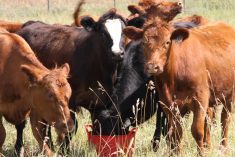CHARLOTTE, N.C. -ÊThe United States secretary of agriculture had just finished telling an open forum at the National Cattlemen’s Beef Association that he knows times are hard on the farm.
Then a small dark-haired woman came to the microphone.
In a gentle, faltering voice Char Price told Dan Glickman and 1,000 fellow cattle producers how hard times really feel.
“I will never have a chance to speak to you in the future if I do not do so now. The future of the cow-calf man in South Dakota appears very brutal and very scary. We’re all going to go out of business if we do not see an increase in cattle prices,” she said.
Read Also

Animal protection delivery to change in Saskatchewan
The Saskatchewan government is looking for a new agency to handle animal welfare after Animal Protection Services of Saskatchewan decided not to renew its contract next year.
International trade agreements were set up to help feed the world’ s hungry, yet American producers must go into debt to feed themselves, she said.
As president-elect of the South Dakota Stockgrowers and the first woman to lead the 108-year-old organization, Price knows how it feels to scratch out a living by raising cattle.
As she breathlessly sat down to a roar of applause, Glickman agreed “some dialogue is needed” to help American farmers and ranchers.
“I wish I had a simple answer for you to get cattle prices up quickly,” Glickman told her.
“In the Northern Plains, agriculture is the most uninsured part of the American economy when it comes to natural disaster and livestock is the most uninsured part of agriculture,” he said.
Glickman agreed better crop insurance and stronger safety nets are needed but such programs are not cheap. He wants to see a pilot non-targeted insurance program that could include livestock.
“One of things we have to do is include the livestock industry as part of that risk management system,” he said.
The last farm bill did not provide adequate safety nets because prices were good and export markets looked unlimited, he said.
For many of Price’s neighbors, economic tragedy has gone beyond dialogue.
She and her husband David Stangle have a commercial beef ranch near Philip, S.D. They’ve been buried each winter since 1995 by blizzards and seen record low calf prices and rising input costs. Price swears they will sell before facing the humiliation of declaring bankruptcy.
Their ranch once belonged to her grandfather and she doesn’t want to give up that legacy. They are living off equity and she knows South Dakota producers are going out of business by dispersing herds or going bankrupt.
Price said she has seen neighbors move to parts unknown while others stayed to run a ranch now owned by strangers. At least 15 small businesses in her area have gone under.
“We’re losing heart in the community,” she said.
She and her husband live entirely off their cattle. Times were better between 1990 and 1993 when calves fetched $1 (U.S.) a pound. Since then, prices have dropped from an average of $518 each to $318 for 500-pounders.
They could meet expenses in the early 1990s but now live on bank loans with compounding interest.
Although she has a baby and twin daughters at home, Price, a registered nurse, has taken a part- time job as a school nurse to help sustain the ranch.
“My husband Dave is a good rancher and he needs to be there,” she said.
While she does not believe Canada is the reason prices are so low, she understands why people rallied around the Ranchers-Cattlemen’s Legal Foundation.
“It gave people something to believe in, a belief that something would be done,” she said in an interview.















